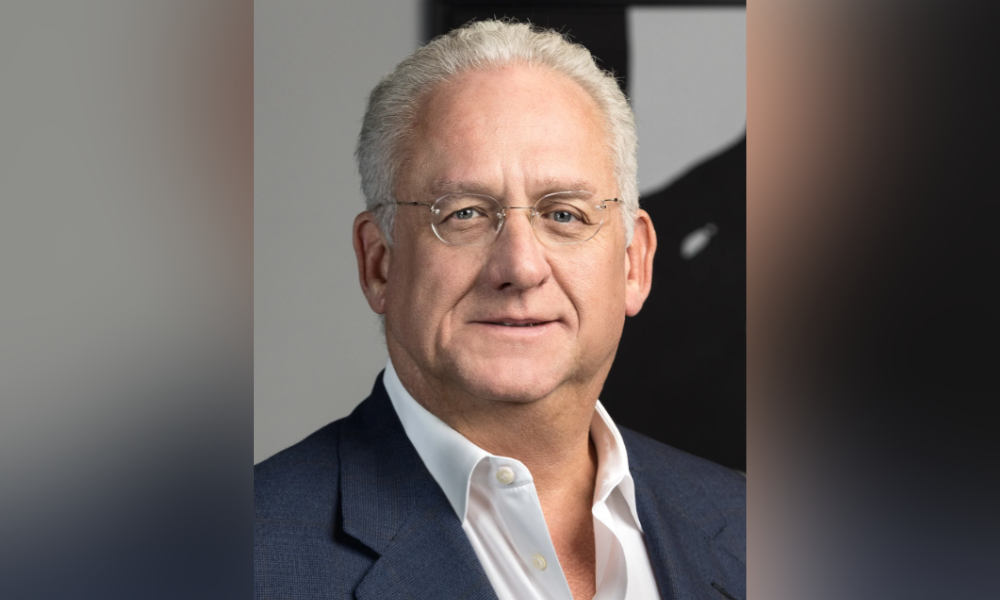
The US Fed has rate decisions slated for Feb. 1, March 22 and May 3, with expectations that more hikes are slowly coming to an end based on inflation reports showing signs of easing, he noted. Despite the Fed reporting in December it would raise rates to 5% in 2023, a 0.25 percentage point hike is predicted for Feb. 1 and March 22 – with an end to hikes by the May meeting. This comes after a roller-coaster ride encompassing seven rate hikes last year.
McKnight explained why he believes the Fed will raise interest rates by a quarter percent in February and March. “Of late – and I say of late talking about the last few weeks and months, as we wrapped up ’22 and came into ’23, we’re starting to see evidence of a more broad economic slowing which was the point of raising rates – to slow down this engine a little bit and try to bring it to a slower speed without running off the tracks. That’s always the objective of the Fed. Oftentimes they mess up in trying to do that. Nevertheless, we are seeing evidence of economic slowing. We have a consensus support in the marketplace for only a 25-basis point hike next week.”
He envisioned a pause in rate hikes after reaching at or just above 5%: “Well the Fed funds today is at 4.5%. Twenty-five (25) basis points puts us at 4.75%. So if you extrapolate that, you’re potentially looking at maybe two, maybe three, additional hikes at 25 basis points.”
McKnight said that scenario will resonate on Wall Street: “I believe the market is going to interpret that in a very favorable light. The market more than likely is going to interpret that as a Fed that is paying attention and has a sense for the pulse of the economy – as opposed to continuing to crank up rates without seeing what the resulting effects are. I’m encouraged by that.”
Predicting is made harder given different barometers, he suggested: “Beyond that, if you look at Fed Fund futures showing what the market is projecting, versus what the Fed is implying their targets are, there is a bit of a disconnect. The market is expecting fewer and lower rates hikes, and the equity markets and the Treasury curve and all of that are really reflecting that sentiment. Unless we get a continual strengthening of the labor market and reversal of some of the downturn and economic data that’s coming out, that’s probably going to end up being the case.”